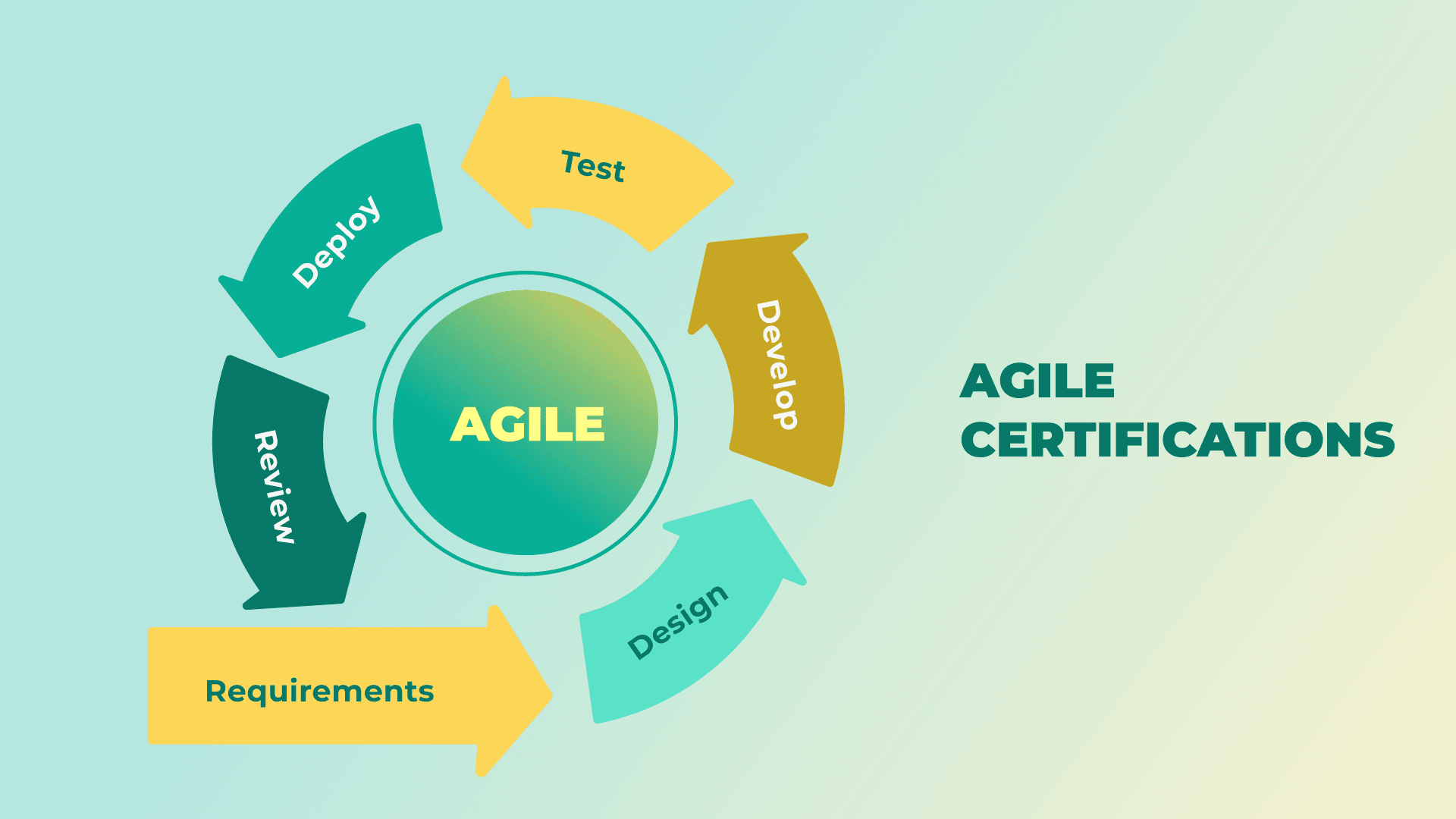Best practices of acceptance criteria for user stories with examples
Learn the best practices for writing acceptance criteria in user stories. Understand the purpose, examples, formats, and tips for creating effective criteria.
If you're interested in learning more about agile principles and practices, or if you want to demonstrate your expertise in agile to potential employers, getting an agile certification can be a great way to do so. But with so many options out there, it can be tough to know which certification is right for you.
One of the most well-known agile certifications and a great starting point is the Certified Scrum Master (CSM). This certification is offered by the Scrum Alliance, and it is designed for individuals who work with Scrum teams as Scrum Masters. This is a great role and certificate to start with as one of the main tasks of the Scrum Master is to truly understand agile principles and teaches them to the team/company. It covers the principles and practices of Scrum, and it includes a two-day training course and an exam. The CSM certification is widely accepted by employers and can be a valuable way for individuals to learn more about Scrum and how to facilitate Scrum projects, as well as for those who want to demonstrate their knowledge of Scrum to potential employers.

Another popular Scrum-oriented agile certification going deeper into the topic and demonstrates advanced knowledge is the Professional Scrum Master (PSM). This certification is offered by Scrum.org, and it is also designed for individuals who work with Scrum teams as Scrum Masters. It includes an exam and three levels of certification: PSM I, PSM II, and PSM III. The PSM certification is highly regarded by employers and can be valuable for individuals who want to demonstrate their advanced knowledge of Scrum and their ability to apply Scrum principles and practices in real-world situations.
There are also certifications for individuals who work with Scrum teams as product owners, such as the Certified Scrum Product Owner (CSPO) offered by the Scrum Alliance. This certification covers the principles and practices of product ownership, and it includes a two-day training course and an exam. The CSPO certification is widely accepted by employers and can be a valuable way for individuals to demonstrate their knowledge of product ownership and how to effectively manage product development using Scrum.

CSM, PSM and CSPO will provide you with needed knowledge for smaller products and teams. When it comes to enterprise-level solutions where multiple agile teams need to work together, the SAFe Agilist (SA) certification offered by the Scaled Agile Framework (SAFE) will provide you with needed knowledge. The SA certification includes a two-day training course and an exam, and it is widely accepted by employers as a way for individuals to demonstrate their knowledge of SAFE and how to effectively implement agile practices in large organizations.
In conclusion, agile certifications can be a valuable way for individuals to learn more about agile principles and practices, and to demonstrate their expertise in agile to potential employers. These certifications are widely accepted by employers and can give individuals the knowledge and skills they need to succeed in agile roles. Whether you're interested in becoming a Scrum Master, a product owner, or working with agile teams in larger organizations, there are a number of certifications available to suit your needs. Do some research and determine which certification is the best fit for your goals and interests, and start your journey towards becoming an agile expert.
Learn the best practices for writing acceptance criteria in user stories. Understand the purpose, examples, formats, and tips for creating effective criteria.
Explore our top Agile consultants and specialist consultancy services at inPositiv.
Learn about Agile project management, its methodology, and best practices. Discover the benefits of an iterative approach in project management as well as how we help our clients to succeed.